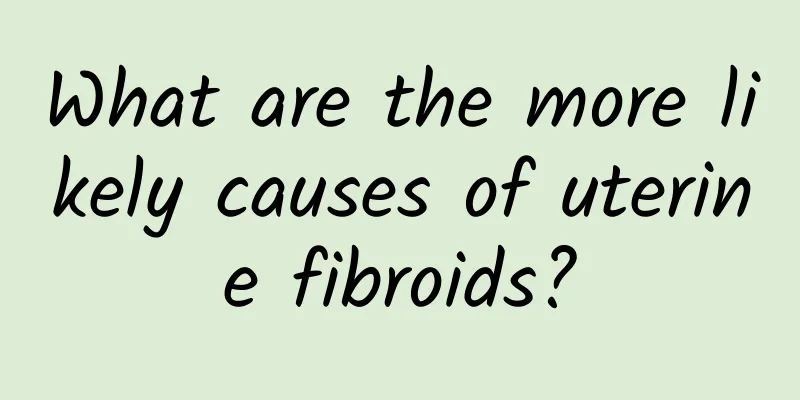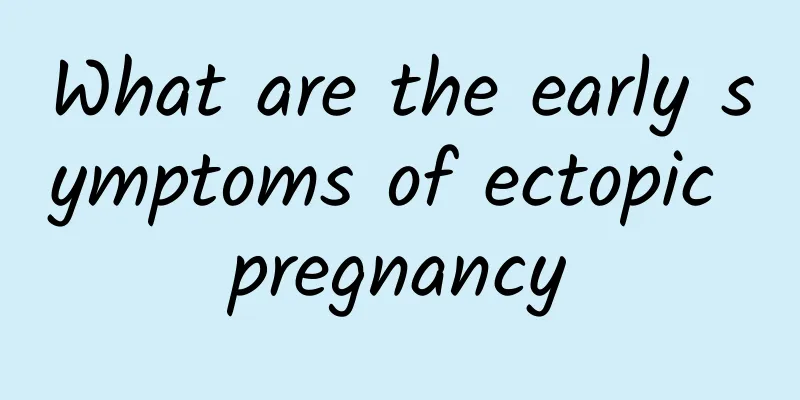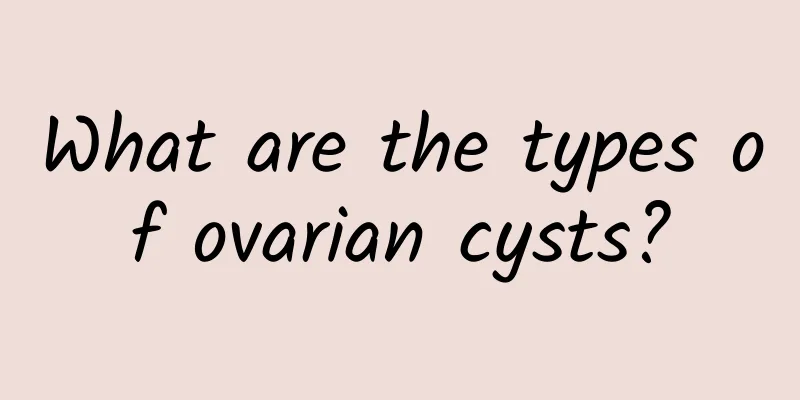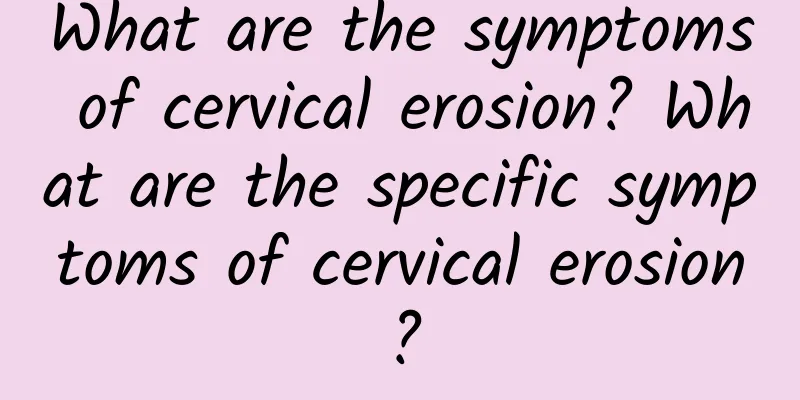Causes of uterine cysts

|
The occurrence of uterine cysts may be related to many factors such as genetics, environmental factors, physiological factors and pathological manifestations. Professional examinations are needed to determine the cause and adopt treatment plans based on the specific circumstances. 1. Genetic factors: Some women may be more susceptible to uterine cysts due to family genetics. For example, when there is a family history of uterine fibroids and cysts, the risk of the disease in offspring may also increase. This may be related to the abnormal expression of genetic genes. For women with a genetic predisposition, it is recommended to have regular gynecological examinations to identify potential problems as early as possible. 2 Environmental factors: Bad living and eating habits may also increase the risk of uterine cysts. For example, long-term exposure to high-pressure environments, lack of sleep, and a high-fat, high-sugar diet can affect the balance of hormone secretion in the body and induce the formation of cysts. Exposure to environmental estrogens such as bisphenol A in certain plastic products may interfere with endocrine function. Improving lifestyles and maintaining a healthy schedule and diet can effectively reduce the risk. 3 Physiological factors: Menstrual history, gynecological surgery history, etc. can also affect the occurrence of uterine cysts. In the reproductive age group, the ovaries and uterus of women are greatly affected by hormone fluctuations. If the hormone secretion is unbalanced, such as excessive estrogen or insufficient progesterone, it may stimulate the uterus to form cysts. Those who have early menarche or late menopause may also have a higher probability of developing the disease because they are affected by hormones for a longer time. 4. Trauma and infection: Once the uterus is locally traumatized, such as frequent gynecological surgeries, intrauterine operations, or previous infection with bacterial or viral diseases, it may cause local inflammation and structural abnormalities, leading to the formation of cysts. For such patients, the key is to prevent infection, pay attention to hygiene after surgery, and receive postoperative examinations as required. 5 Pathological factors: Certain diseases may directly cause uterine cysts, such as endometriosis and adenomyosis. Endometriosis is common in women of childbearing age and may cause ovarian dysfunction, resulting in cysts. In more serious cases, cysts may be a manifestation of malignant lesions, such as ovarian tumors spreading to the uterus. Pathological cysts need to be confirmed by ultrasound and other imaging examinations, and a detailed treatment plan should be developed in cooperation with the doctor. Treatment and prevention recommendations: If a uterine cyst is diagnosed and needs treatment, the following options are available: 1. Drug treatment: Short-term oral contraceptives, progesterone drugs, etc. can help regulate hormones. 2Surgical treatment: Larger or suspected malignant cysts require surgical removal, such as laparoscopic surgery, open surgery, etc. 3. Traditional Chinese medicine conditioning: Using traditional Chinese medicine to harmonize qi and blood can improve endocrine disorders in patients with mild cysts. In daily life, you should pay attention to supplementing more fruits and vegetables rich in vitamins, maintain regular exercise, and avoid sitting for long periods of time and staying up late. The occurrence of uterine cysts is usually the result of the interaction of multiple factors. Female friends should pay attention to regular gynecological examinations. If there are any abnormal symptoms, they should consult in time. Early detection and early treatment will help maintain uterine health. |
<<: Can you get pregnant with endometriosis?
>>: Are there any dangers of uterine fibroids requiring removal?
Recommend
Dissatisfied with the bill to smuggle American beef, the opposition party threatened to boycott it for a long time
Opposition legislators were dissatisfied with the...
Can I wash my hair during menstruation?
It is usually okay to wash your hair during menst...
How heavy should the dumbbells be if I just want to train my lines?
Recently many of my students have started to trai...
What are the dangers of Bartholinitis?
There are many patients with Bartholinitis in lif...
Is menopause related to cardiovascular disease?
Menopause is indeed closely related to cardiovasc...
What are the symptoms of uterine fibroids? What are the main manifestations of uterine fibroids?
Uterine fibroids are a common gynecological disea...
What should I do if I have uterine fibroids? How to treat uterine fibroids?
What should you do if you have uterine fibroids? ...
What should I do if my menstruation is delayed?
What should I do if my menstruation is delayed? D...
What should you pay attention to in your diet if you are diagnosed with cervical erosion? 7 things to pay attention to in your diet for patients with cervical erosion
In modern society, there are more and more patien...
How long after a habitual miscarriage can you have sex? You need to pay attention to your body changes
Habitual miscarriage is a disease in women's ...
Taiwan to test 1,000 pieces of beef, pork, duck and goose for clenbuterol
It has been reported that beef, pork, duck, goose...
Causes of premature ovarian failure
Causes of premature ovarian failure: The ovaries ...
Abortion hospital ranking selection
In the moment of hazy love, the arrival of a litt...
Focus on repetitions, not duration! 10 basic rules to know for losing weight at home
Rule 1: Prepare a full-length mirror Before start...
How to Treat Trichomonas Vaginitis with Traditional Chinese Medicine
Trichomonas vaginitis refers to vaginitis caused ...









